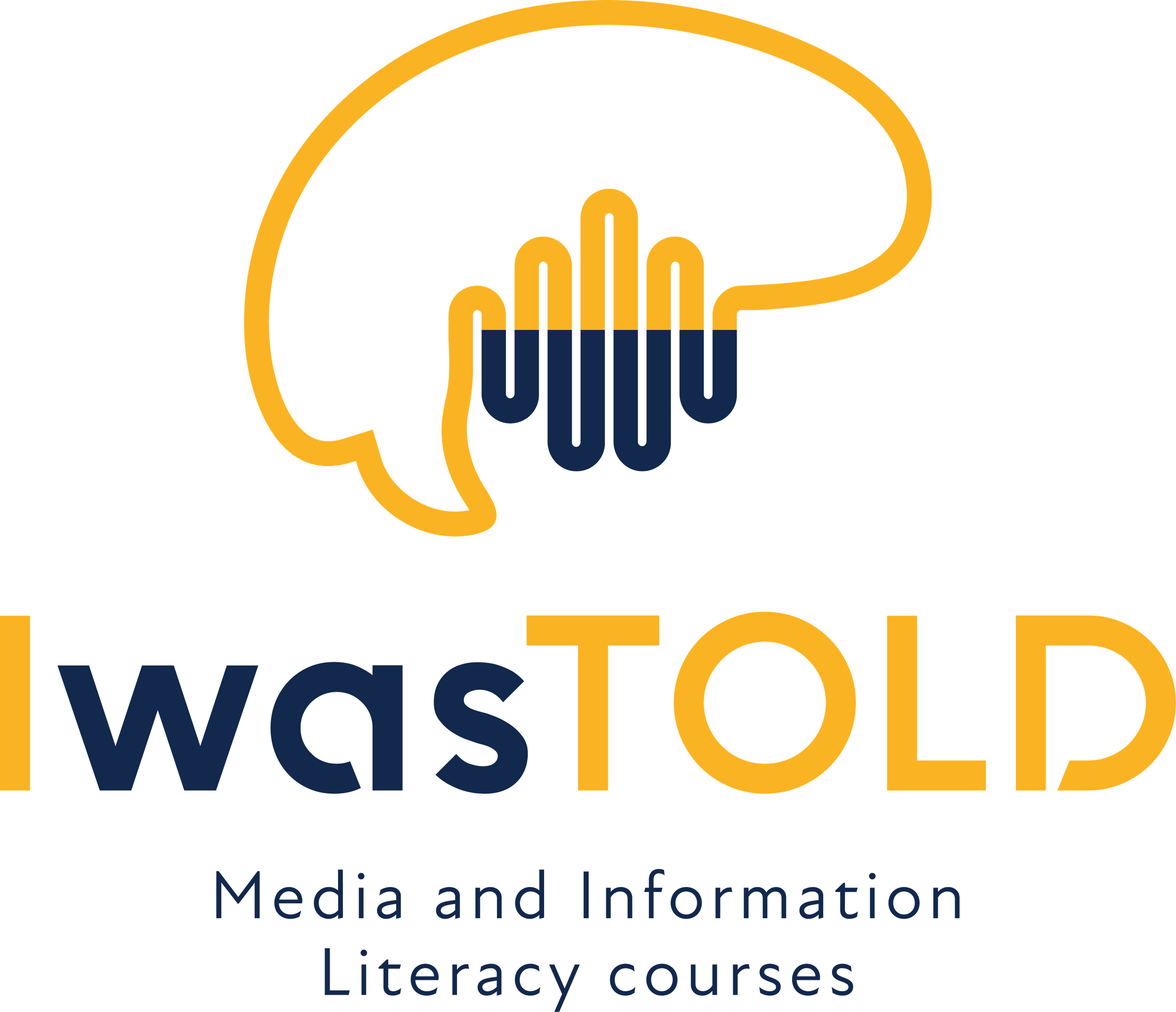4. MEDIA LITERACY AND NEW DIGITAL MEDIA ECOSYSTEM
-
New Media Ecosystem and Media Education 3.06 Topics|4 Quizzes
-
Platforms: The Power of GAFAM (Google, Apple, Facebook, Amazon and Microsoft)5 Topics|3 Quizzes
-
Algorithms and Their Role in Contemporary Digital Media Business6 Topics|4 Quizzes
-
Netflix and Algorithmic Literacy6 Topics|4 Quizzes
-
Fact-Checking Services as New Form of Digital Media5 Topics|3 Quizzes
Participants14
FACT-CHECKING METHODOLOGIES
Fact-checking organizations are using various different methodologies, practices and techniques of fact-checking determined by factors such as country specific policies, social environment, culture, mindset, values and others. However, it is possible to identify a number of common methodologies or procedures of fact-checking organizations:
- investigating claims from across the political spectrum;
- focussing on discrete factual statements rather than expressions of opinion;
- relying on data and analysis from recognized, independent authorities;
- making all evidence and analysis transparent to the reader.
Fact-checking practices and techniques can vary significantly. They are differing in how the processes of fact-checking are undertaken in terms of: claim selection process, research methods, claim evaluations.
- Selection process: the processes by which fact-checkers choose what claims to evaluate.
- Research methods: the basic techniques and types of sources that fact checkers most commonly use when conducting research on claims, as well as the official rules and editorial policies that govern their approaches.
- Claim evaluations: the systems and processes by which fact checkers establish the veracity of a claim.
HOW ARE FACT-CHECKING SERVICES FINANCED?
Fact-checking institutions have various organizational aims and they differ also in terms of their funding. Very often fact-checkers have mixed sources of funding. Trustable fact-checking organisations try to be transparent in terms of their financial sources. Fact-checking organisations can be funded through:
- their affiliated media organisations: legacy print or broadcast outlets, digital-only media or public broadcasters;
https://www.washingtonpost.com/news/fact-checker/
- academic institutions, like universities;
https://www.factcheck.org/our-funding/
- a series of grants;
- charities;
https://fullfact.org/about/funding/
- advertising;
https://www.snopes.com/disclosures/
- Facebook & Google.
https://www.facebook.com/journalismproject/coronavirus-grants-fact-checking
GLOBAL SPREAD OF FACT-CHECKING ORGANIZATIONS
First outlets offering fact-checking services were established about 20 years ago. As outlined by Reuters Institute report: “The new millennium has seen the rise and rapid global spread of what can fairly be called a new democratic institution, the independent political fact-checker. The first organisations dedicated to publicly evaluating the truth of political claims appeared in the United States in the early 2000s, anchoring what would become a staple of political reporting practised by nearly every major US news outlet. Over the past decade, meanwhile, independent fact-checkers have emerged in more than 50 countries spanning every continent.“
Read more about rise of the fact-checking sites in the Reuters Institute report:
https://reutersinstitute.politics.ox.ac.uk/our-research/rise-fact-checking-sites-europe
The Reporters’ Lab, a research institute at Duke University’s Sanford School of Public Policy (USA), focuses on fact-checking. The Lb maintains a database of global fact-checking sites and provides valuable information, including statistics. It is possible also to use the map to explore sites around the world.
orterslab.org/how-we-identify-fact-checkers/
According the Reporters’ Lab within twenty years (in the summer of 2020) the number of active fact-checking organizations around the world has reached more than 300 and it is about around 100 more than it was a year before. Some of that growth is due to the 2020 election in the United States, where the Lab’s global database and map now finds 58 fact-checking projects. That’s more than twice as many as any other country, and nearly a fifth of the current worldwide total: 304 in 84 countries. Read more about latest trends here: https://reporterslab.org/fact-checking-count-tops-300-for-the-first-time/
The global total amount of more than doubled from 2016 to now. And the number outside the U.S. increased two and half times — from 97 to 246.
PROFESSIONAL NETWORK
The International Fact Checking Network (IFCN), launched in September 2015 as a unit of the Poynter Institute, brings together fact-checkers and promotes fact-checking worldwide. https://www.poynter.org/ifcn/
ICFN have created Code of Principles supposed to help establish standards for fact-checking methods. Fact-checking organisations apply to become verified signatories of the IFCN code of principles. These principles have been developed to help readers discern good fact-checking from bad. https://www.ifcncodeofprinciples.poynter.org/
The ICFN also organizes fellowships, trainings, and conferences.
⬇️ REFERENCES
- Graves, L., & Amazeen, M. (2019, February 25). Fact-Checking as Idea and Practice in Journalism. Oxford Research Encyclopedia of Communication.
- Lebid, A.E. & Degtyarev, Sergey & Polyakova, L.G.. (2020). A study into the skills of using data verification tools as a media information literacy instrument for university students. International Journal of Media and Information Literacy. 5. 184-190. 10.13187/IJMIL.2020.2.184.
